By Digiday Awards This year’s Digiday Content Marketing Awards winners embraced video content, in its various forms, to craft compelling narratives that successfully connect with audiences. As brands work to build long-term consumer relationships, tailoring content to individual preferences has…
The New York Times, e.l.f. and Business Insider are 2025 Digiday Content Marketing Awards winners
In Graphic Detail: How AI is changing search and advertising
By Marty Swant AI agents are no longer just experimental tools — they’re rapidly becoming indispensable intermediaries in how people search, shop, and interact online. As platforms like Google, OpenAI, and Perplexity race to roll out agentic AI, the advertising…
At Possible, generative AI shifts from shiny object to useful tool, but with a long way to go
By Ronan Shields AI didn’t dominate the chatter at Possible like some expected but when it did surface, the tone had shifted: marketers are no longer starry-eyed. They’re focused on what AI can deliver now, not someday. In particular, some…
The B2B Influencer Matchmaking Game: How to Find the Right Influencers for Your Business
By Alex White You know, B2B influencer marketing and online dating aren’t so different. As the season of new beginnings unfolds, B2B marketers and singles alike are looking for new connections. One that’s going to make them happy, not just…
Adobe, Harvard Business Review and Disney Advertising are among 2025’s DMA finalists
By Digiday Awards The finalists for this year’s Digiday Media Awards showcase how brands push boundaries by smartly integrating emerging technologies. Each entry highlights a commitment to deepening audience engagement with interactive formats, inviting participation and building community. With a…





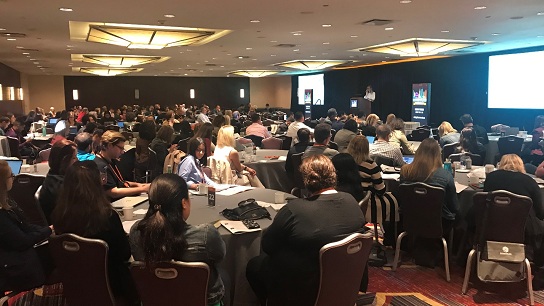









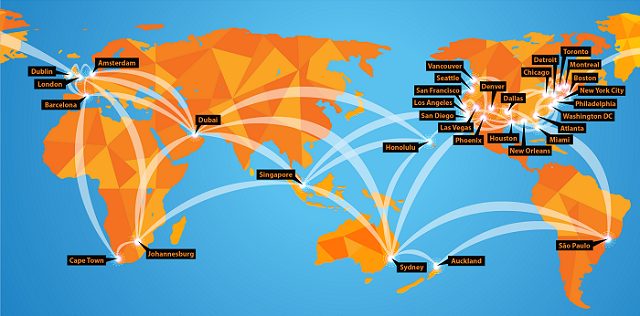


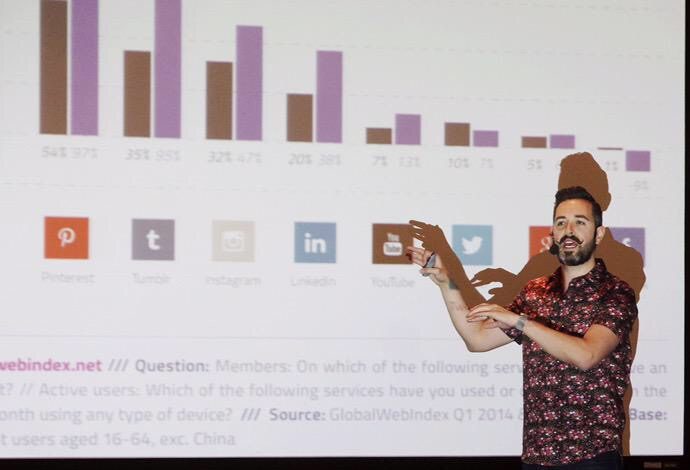
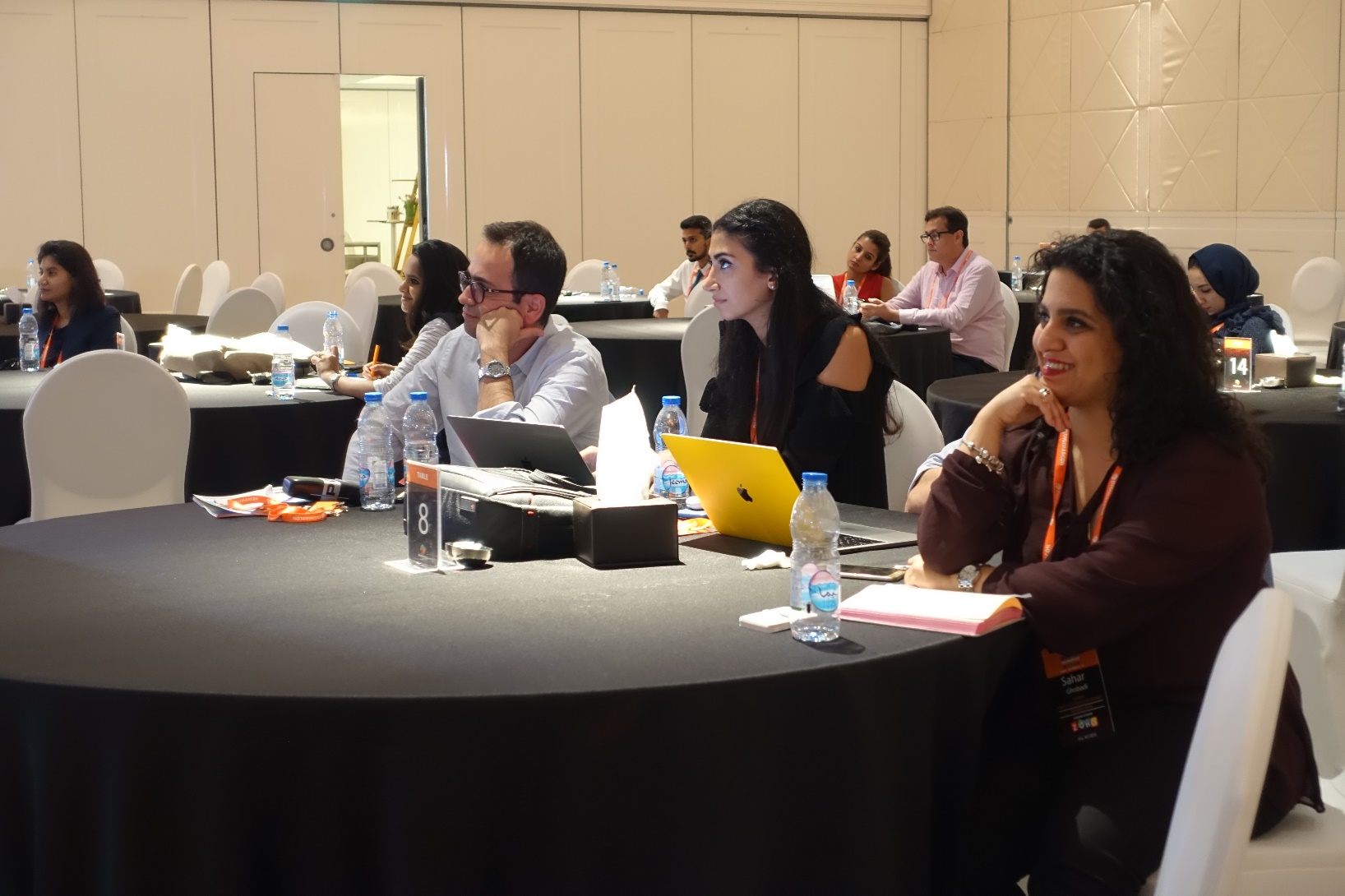

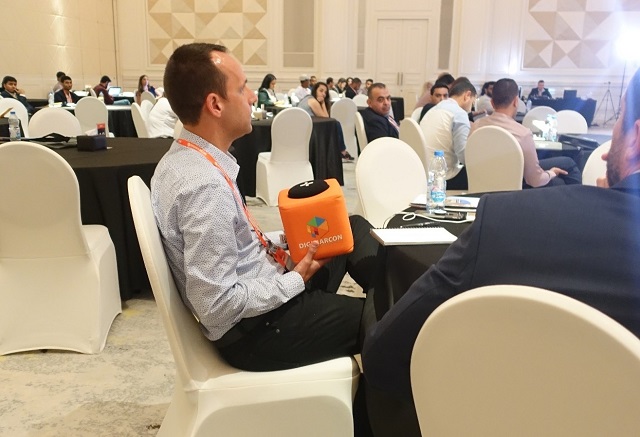

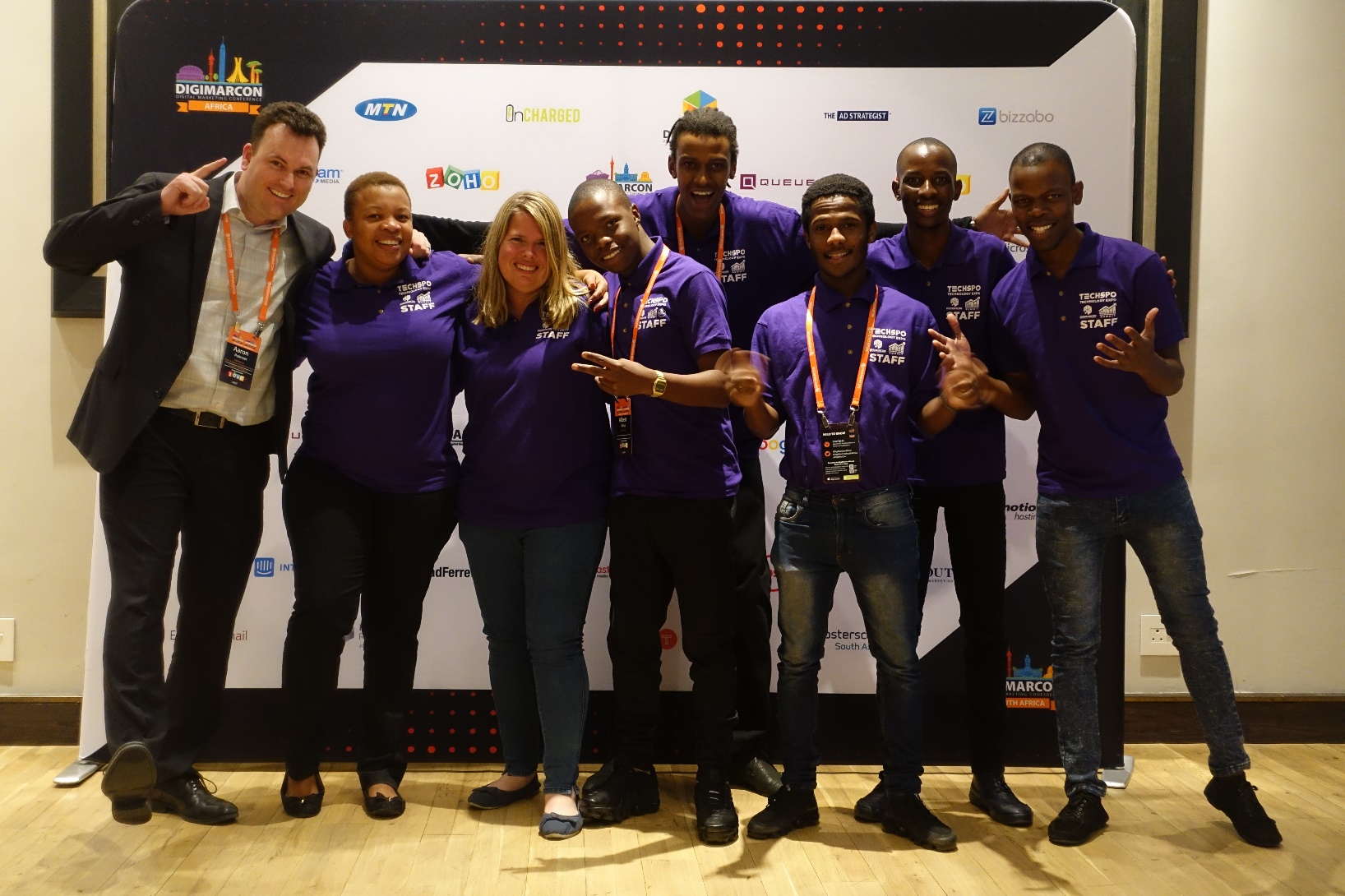

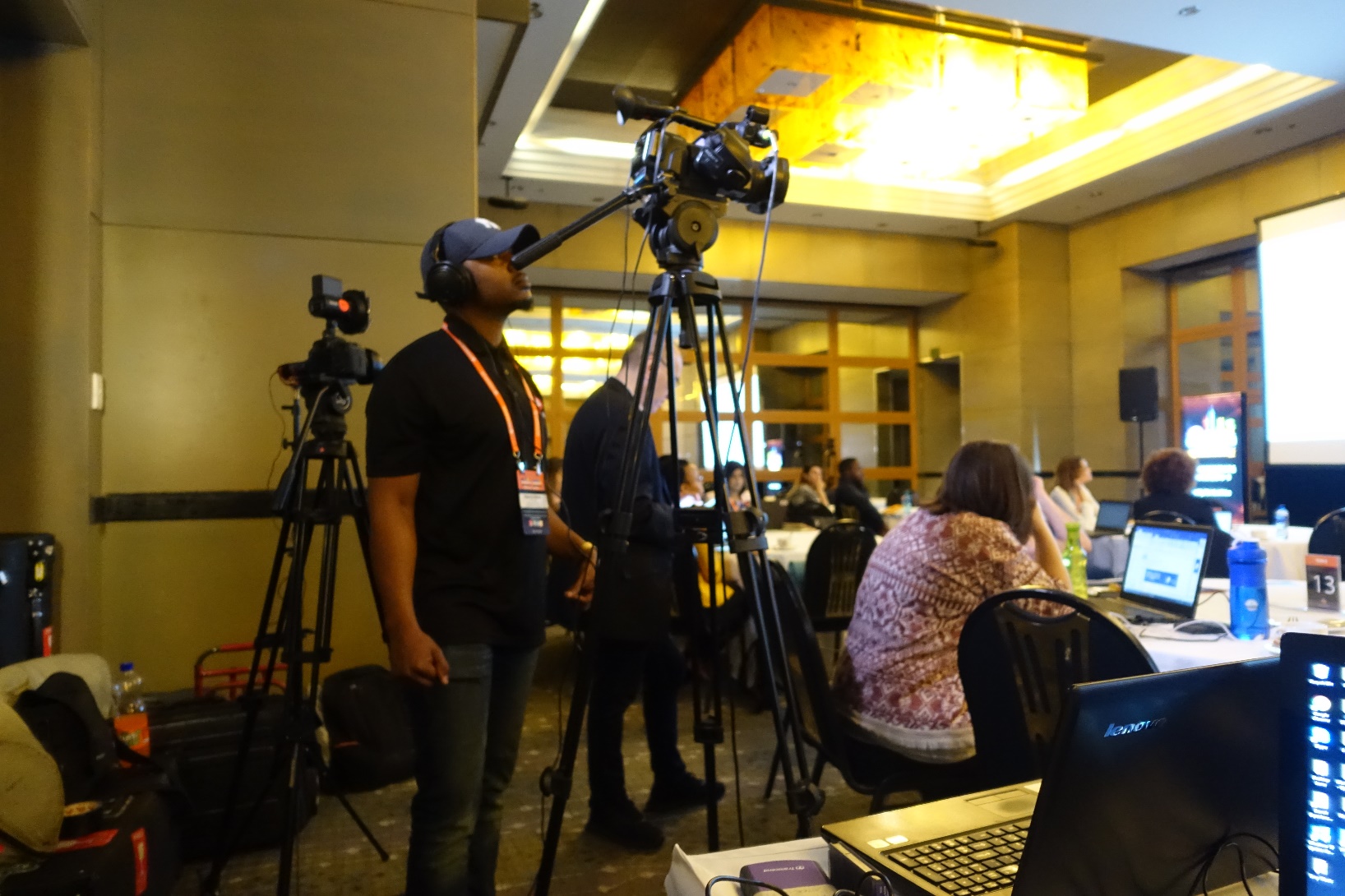
















Connect With Us,
DIGIMARCON Conferences